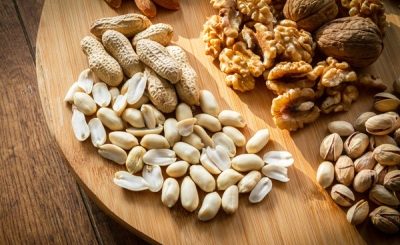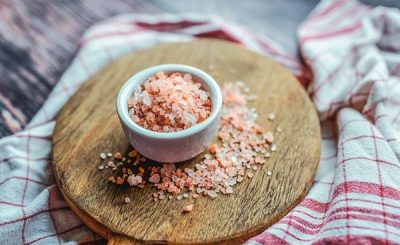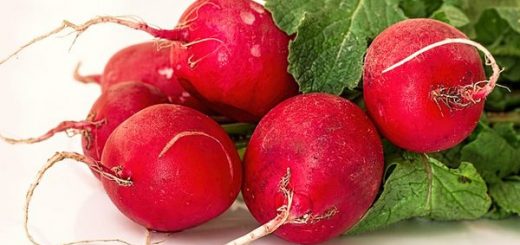How Many Calories in Salmon? | Nutritional Value of Salmon

Salmon is one of the most consumed delicacies among fish species. However, the calorie values and effects on the body of this delicious food, which is consumed with pleasure, are also very important. How should salmon be consumed, which is one of the meatiest fish varieties, what are the nutritional values of salmon and how should those who are on a diet consume salmon? You can find the answers to these questions and all the other details in our article.
How Many Calories in Salmon?
We have answered this question that you have been wondering for a long time, using the right sources and in an objective way.
- The caloric value of salmon, which is one of the richest food sources in terms of omega 3 fatty acids, is 251 calories per 100 grams.
- If you ask how many calories in a serving of salmon, the answer is 347 calories.
- Salmon is a protein store. You get 43% protein from a serving of salmon.
How Many Calories in Grilled Salmon?
- 175 grams of grilled salmon contains 290 calories. In thinly sliced salmon, this amount can drop to 248 calories.
- However, there is one thing you should pay attention to. This is the dangerous amount of fat found in salmon.
- 175 grams of salmon contains 51% fat. If you have any health problems that require attention in your diet, it is beneficial to consume salmon in consultation with your doctor.
- Especially if you are someone who does not prefer a fatty diet, the best thing to do in this case is to cook the salmon on the grill and remove all its fat.
How Many Calories in Baked Salmon?
- There are 171 calories in 100 grams of salmon cooked in the oven.
- A decrease in the amount of fat occurs in the salmon cooked in the oven, as in the grill.
- In fact, only 7.56 grams of fat remains in 100 grams of salmon cooked in the oven.
- The protein level you will get from 100 grams of salmon is 23.97 grams.
How Many Calories in Smoked Salmon?
- 100 grams of smoked salmon contains 117 calories.
- Since it is a meaty fish, it is both a very satisfying food and can be a very successful choice for those on a diet.
- Salmon can keep you full as it is satiating and can also help you lose weight by preventing you from taking in more calories than necessary.
How to Consume Salmon in Diet?
- Dietitians are of the opinion that people who want to lose weight should be very careful when consuming salmon.
- Stating that consuming salmon by frying is quite harmful, experts recommend consuming salmon cooked in its own juice in the oven.
- If you don’t like baked salmon, then you can also try grilled salmon. In general, it is stated that the amount of fish consumption should be 300-450 grams per week. However, salmon should be consumed only once a week.
- According to studies, salmon and other fish species are the most suitable foods for dieters.
- Especially Norwegian researchers have many studies and opinions on this subject. Nutritional physiologist Krogh argues that foods containing fish facilitate weight loss. In countries where fish are consumed frequently, such as Spain, Portugal, Iceland and the Netherlands, it is widely believed that it is possible to lose weight by feeding fish.
- It has been proven that the amino acids in fish also have an effect on weight loss.
Nutritional Values and Benefits of Salmon
- Salmon is a very rich food in terms of nutritional values.
- You can also consume salmon fish, which has special qualities such as carrying Omega 3 oil, especially proteins, minerals and B vitamins, instead of meat.
- Salmon is a great food for sports consumers.
- Thanks to its strong protein content, it has a great effect on the development and strengthening of muscles.
- It is recommended by doctors to consume salmon, especially for people with inflammatory joint disorders.
- One of the most important features of salmon is that it reduces heart diseases by 21%. This phrase has been proven in research on salmon.
- Let’s not forget to remind you of an issue that you should pay attention to when consuming salmon. You have to be careful that the salmon is not farmed salmon and is real salmon.
- The view that farmed salmon may be harmful to health rather than beneficial is still controversial.
Question: So how do we identify real salmon?
Answer: Real salmon have a pink or even red color.
A second issue is to consume salmon by frying:
- Salmon, like other types of fry, can reduce the nutritional value of the fish. Therefore, there is a claim that salmon cooked in the oven or on the grill is healthier.
- If you are allergic to fish, you should definitely not consume salmon without consulting your doctor. Salmon is one of the fish that causes the most allergic reaction.
- If you do not have any allergies, you can safely consume salmon.











